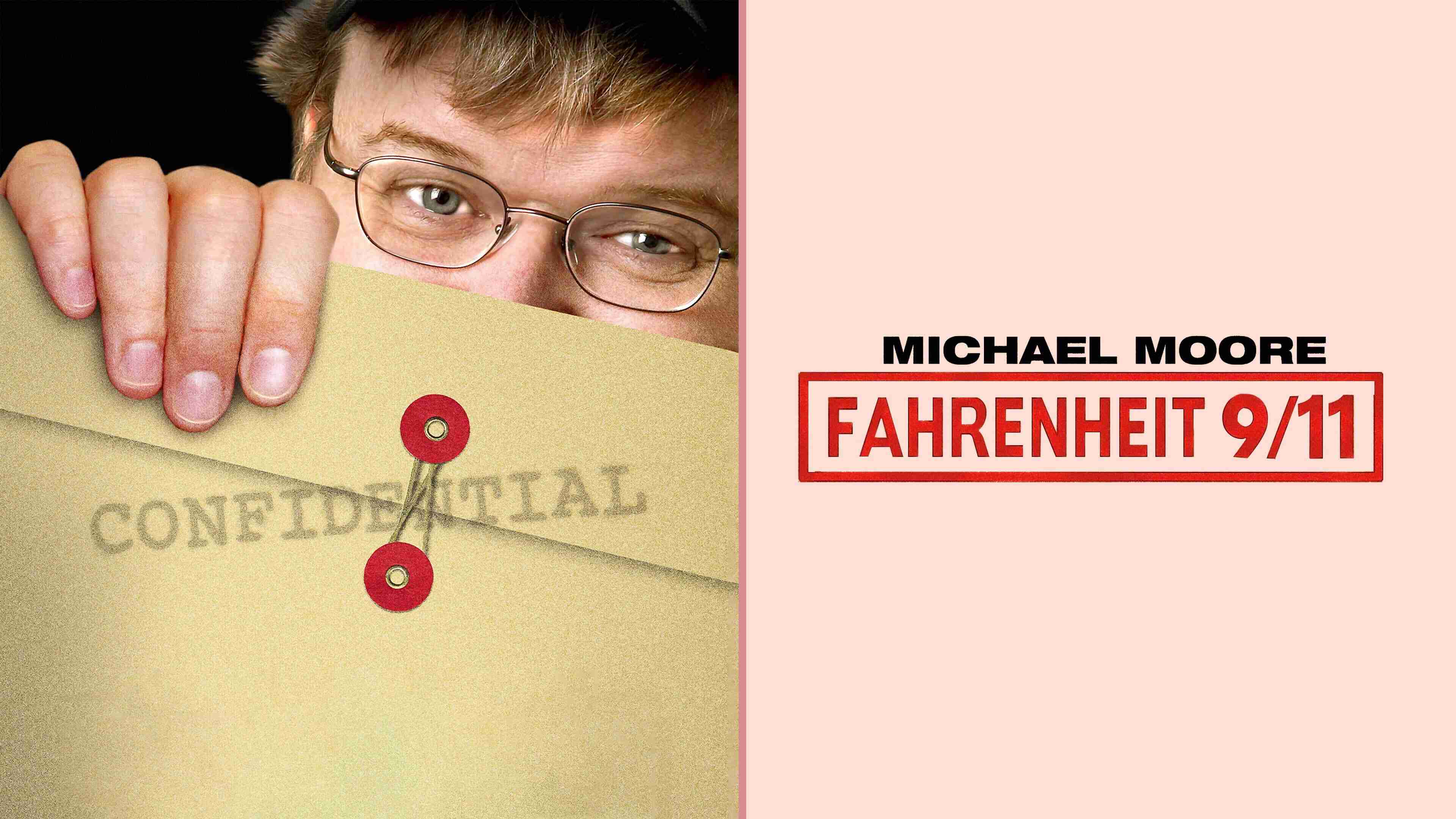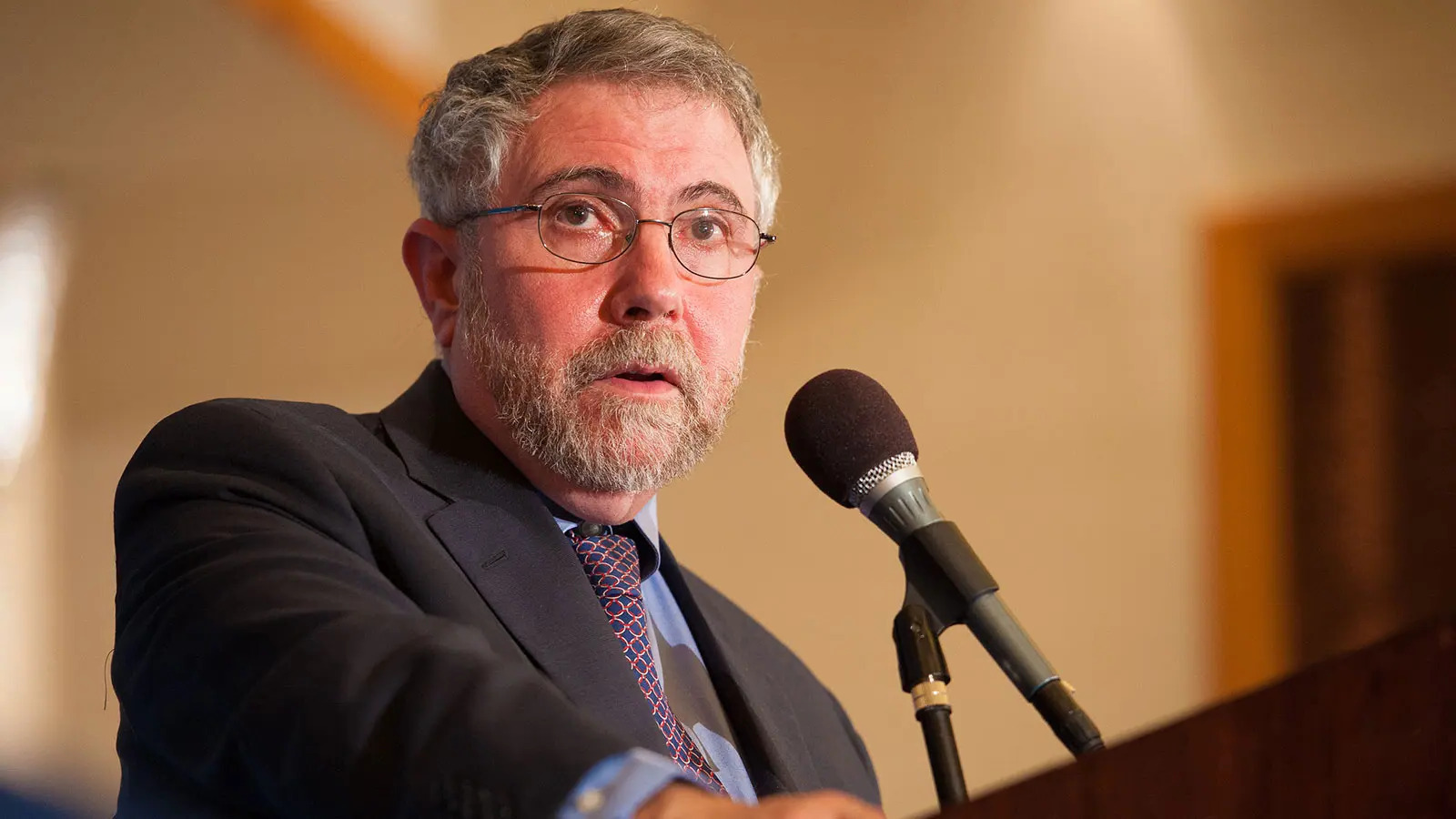
Fahrenheit 9/11 is an iconic documentary that shook the world with its powerful portrayal of American politics and the events surrounding the 2000 presidential election. Directed by the renowned filmmaker Michael Moore, this groundbreaking film delves into the controversial presidency of George W. Bush and raises critical questions about the role of the media, government, and corporate interests in shaping the American democracy. Released in 2004, Fahrenheit 9/11 quickly became a cultural phenomenon, sparking intense debates and winning the prestigious Palme d’Or at the Cannes Film Festival. In this article, we will explore 39 fascinating facts about the movie Fahrenheit 9/11, shedding light on its impact, controversies, and the remarkable insight it provides into an unforgettable chapter in American history.
Key Takeaways:
- Fahrenheit 9/11, directed by Michael Moore, sparked debates and influenced public opinion on politics and media. It’s a reminder of the power of documentary filmmaking in shaping society.
- The film delves into the controversial presidency of George W. Bush, the aftermath of 9/11, and the impact of U.S. foreign policy. It encourages critical thinking and political engagement.
Fahrenheit 9/11 was directed by Michael Moore.
Michael Moore, a renowned American filmmaker and political commentator, helmed this documentary film that delves into the controversial presidency of George W. Bush.
The movie was released in 2004.
Fahrenheit 9/11 made its debut in theaters on June 25, 2004, just a few months before the U.S. presidential election that year.
It examines the 2000 U.S. presidential election.
The film takes a critical look at the highly disputed 2000 election between George W. Bush and Al Gore, particularly focusing on the controversies surrounding the Florida recount.
Fahrenheit 9/11 explores the aftermath of the September 11 attacks.
Michael Moore tackles the response of the Bush administration to the tragic events of September 11, 2001, and raises questions about the government’s handling of the situation.
It became the highest-grossing documentary film of all time.
Fahrenheit 9/11 shattered box office records, grossing over $200 million worldwide, surpassing the previous record held by Moore’s own documentary, Bowling for Columbine.
The movie received the Palme d’Or at the 2004 Cannes Film Festival.
Fahrenheit 9/11 was honored with the prestigious Palme d’Or, the highest prize awarded at the Cannes Film Festival, further solidifying its influence and impact.
Certain theaters initially refused to screen the film.
Due to its politically charged content, some theater chains decided not to show Fahrenheit 9/11, resulting in independent theaters and smaller venues stepping up to exhibit the film.
The film ignited a nationwide debate.
Fahrenheit 9/11 sparked heated discussions and divided public opinion, generating conversations about politics, war, and the role of media in shaping public perception.
Fahrenheit 9/11 won the César Award for Best Foreign Film.
Michael Moore’s documentary received recognition beyond American borders, winning the César Award for Best Foreign Film, presented by the French Academy of Cinema Arts and Techniques.
The movie presents various conspiracy theories.
Fahrenheit 9/11 explores alternative explanations and conspiracy theories surrounding the events and decisions depicted in the film, raising questions about the official narrative.
Some critics accused the film of being biased.
While praised by many for its bold approach, Fahrenheit 9/11 faced criticism from some quarters for its perceived bias and selective use of information.
The film features interviews with prominent political figures.
Michael Moore conducted interviews with individuals such as John Kerry, George W. Bush, and members of the U.S. Congress, presenting different perspectives on the issues raised.
It is a powerful exposé of the military-industrial complex.
Fahrenheit 9/11 sheds light on the close ties between the Bush administration and major defense contractors, highlighting the influence of corporate interests in American politics.
The movie draws attention to the Patriot Act.
Michael Moore raises concerns about civil liberties and government surveillance through an examination of the USA PATRIOT Act, which was enacted in the aftermath of 9/11.
Fahrenheit 9/11 received a standing ovation at its Cannes premiere.
The film’s premiere at the Cannes Film Festival was met with a prolonged standing ovation, signaling the impact it would have on audiences and critics alike.
It became a rallying point for anti-Bush sentiment.
Fahrenheit 9/11 captured the dissatisfaction and frustration that many Americans felt towards the Bush administration, becoming a symbol of resistance and political activism.
The movie influenced the 2004 U.S. presidential election.
With its strong critique of President Bush, Fahrenheit 9/11 played a role in shaping public opinion during the 2004 election, contributing to the discourse surrounding the candidates.
It encouraged critical thinking and political engagement.
The film spurred individuals to question authority and seek out alternative perspectives, inspiring a new wave of political engagement and activism.
Fahrenheit 9/11 was controversially distributed by Disney.
The decision by Disney, a company known for family-friendly entertainment, to distribute Fahrenheit 9/11 generated controversy and further fueled discussions about corporate censorship.
The movie remains a significant cultural and political landmark.
Even years after its release, Fahrenheit 9/11 continues to be referenced in discussions on politics, media, and the impact of documentary filmmaking on society.
It is one of Michael Moore’s most critically acclaimed films.
Michael Moore, known for his provocative and thought-provoking documentaries, considers Fahrenheit 9/11 to be one of his most important works.
The film’s release prompted legal battles.
Fahrenheit 9/11 faced legal challenges, including disputes over trademarks, copyright issues, and freedom of expression.
Fahrenheit 9/11 investigates connections between the Bush family and Saudi Arabia.
The documentary delves into the alleged close relationship between the Bush family and influential individuals from Saudi Arabia, raising questions about potential conflicts of interest.
The movie features powerful footage from Iraq.
Fahrenheit 9/11 includes gripping and unsettling scenes from the Iraq War, highlighting the human cost and consequences of military actions.
It brought attention to the issue of corporate media ownership.
Michael Moore shines a light on the concentration of media ownership and its potential impact on news coverage and public discourse.
Fahrenheit 9/11 received a 20-minute standing ovation at the Toronto International Film Festival.
Screening at the prestigious Toronto International Film Festival, the film garnered an enthusiastic and lengthy standing ovation from the audience.
The movie’s title is a play on the novel Fahrenheit 451.
Michael Moore drew inspiration from Ray Bradbury’s dystopian novel Fahrenheit 451, using the title as a metaphor for censorship and government control.
It prompted a response from conservative filmmakers.
Following the release of Fahrenheit 9/11, conservative filmmakers and commentators released their own documentaries as a counter-narrative to Moore’s work.
The documentary was subject to fact-checking and scrutiny.
Given its controversial and politically charged nature, Fahrenheit 9/11 faced intense scrutiny and fact-checking from both supporters and critics.
It sparked conversations about the role of media in shaping public opinion.
Fahrenheit 9/11 ignited discussions about media bias, sensationalism, and the influence of news outlets in shaping public perception and political discourse.
The movie addresses the close tie between the Bush and bin Laden families.
Michael Moore explores the connections and business relationships between the Bush family and the bin Laden family, raising questions about potential conflicts of interest.
It highlights the impact of U.S. foreign policy on global politics.
Fahrenheit 9/11 examines how American foreign policy decisions, particularly those during the Bush administration, have far-reaching consequences on a global scale.
The film’s release coincided with a major political climate.
Fahrenheit 9/11 was released during a time of heightened political awareness and activism, with many individuals actively seeking information and engaging in political discourse.
It pioneered the documentary genre’s commercial success.
Fahrenheit 9/11 paved the way for other politically charged documentaries to achieve widespread recognition and commercial success in the years that followed.
The movie had a profound impact on public opinion.
Through its powerful storytelling and thought-provoking content, Fahrenheit 9/11 influenced the way many people perceive politics, government, and the media.
It remains a subject of academic analysis and study.
Fahrenheit 9/11 continues to be analyzed and studied by scholars, researchers, and students as a significant cultural artifact of its time.
The film inspired further documentary activism.
Fahrenheit 9/11 inspired aspiring filmmakers to use the medium of documentary filmmaking as a tool for social and political change.
It received mixed reviews from conservative outlets.
Conservative news outlets and commentators generally had a more critical stance towards Fahrenheit 9/11, highlighting perceived biases and inaccuracies.
The movie serves as a reminder of the importance of political engagement.
Fahrenheit 9/11 serves as a call to action, reminding individuals of the importance of being informed, engaged citizens in order to make a meaningful impact on the world around them.
Conclusion
In conclusion, Fahrenheit 9/11 is a thought-provoking documentary film that delves into the political landscape surrounding the events of September 11, 2001. Directed by Michael Moore, the film presents a critical examination of the presidency of George W. Bush and its handling of the aftermath of the 9/11 attacks. With compelling evidence and powerful storytelling, it seeks to shed light on the complex and controversial decisions made during this period.Fahrenheit 9/11 received widespread attention and sparked controversy upon its release in 2004. It won the Palme d’Or at the Cannes Film Festival and became the highest-grossing documentary of all time. The film resonates with audiences due to its unflinching exploration of political power and its impact on society.Whether you agree or disagree with its perspective, Fahrenheit 9/11 remains an important piece of documentary filmmaking that continues to spark discussions and debates about politics, government accountability, and the role of media. It serves as a reminder of the power of film to inform and challenge our understanding of significant world events.
FAQs
1. What is the main focus of Fahrenheit 9/11?
The main focus of Fahrenheit 9/11 is to scrutinize the presidency of George W. Bush, particularly his handling of the post-9/11 period in the United States.
2. Why did Fahrenheit 9/11 receive controversy?
Fahrenheit 9/11 received controversy due to its highly critical stance on the Bush administration and its policies, which sparked intense discussions and debates about its accuracy and political biases.
3. Did Fahrenheit 9/11 win any awards?
Yes, Fahrenheit 9/11 won the Palme d’Or, the highest prize awarded at the Cannes Film Festival, and it also became the highest-grossing documentary of all time.
4. What impact did Fahrenheit 9/11 have on society?
Fahrenheit 9/11 had a significant impact on society by bringing attention to political power, government accountability, and the influence of media. It sparked discussions and debates about these topics and encouraged critical thinking among viewers.
5. How does Fahrenheit 9/11 contribute to the genre of documentary filmmaking?
Fahrenheit 9/11 contributes to the genre of documentary filmmaking by employing powerful storytelling techniques and presenting compelling evidence to challenge viewers’ perspectives on political events.
Was this page helpful?
Our commitment to delivering trustworthy and engaging content is at the heart of what we do. Each fact on our site is contributed by real users like you, bringing a wealth of diverse insights and information. To ensure the highest standards of accuracy and reliability, our dedicated editors meticulously review each submission. This process guarantees that the facts we share are not only fascinating but also credible. Trust in our commitment to quality and authenticity as you explore and learn with us.


